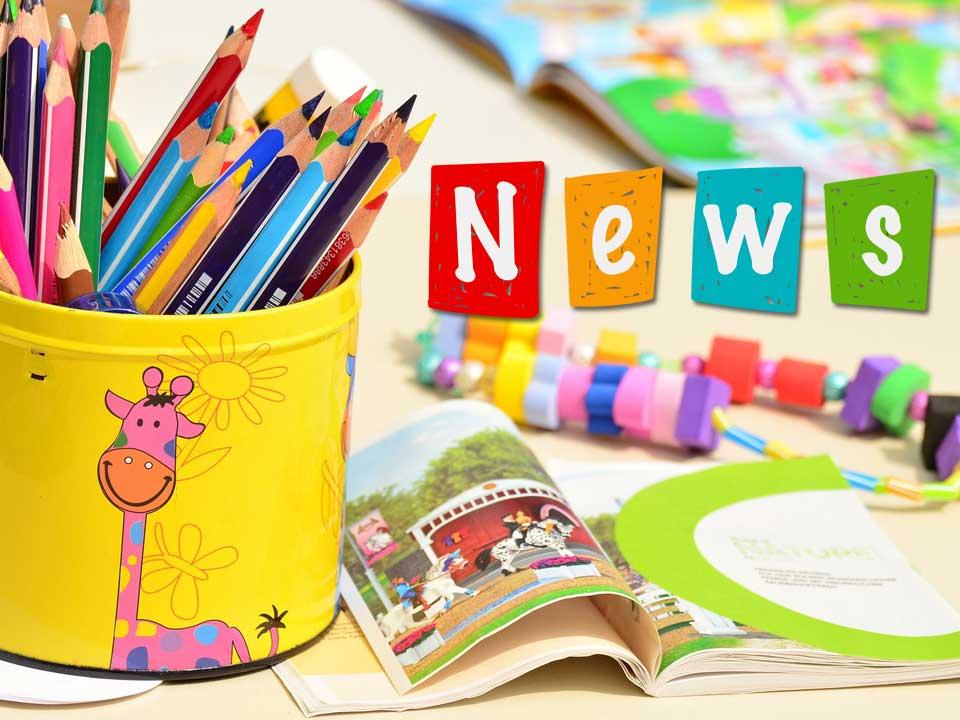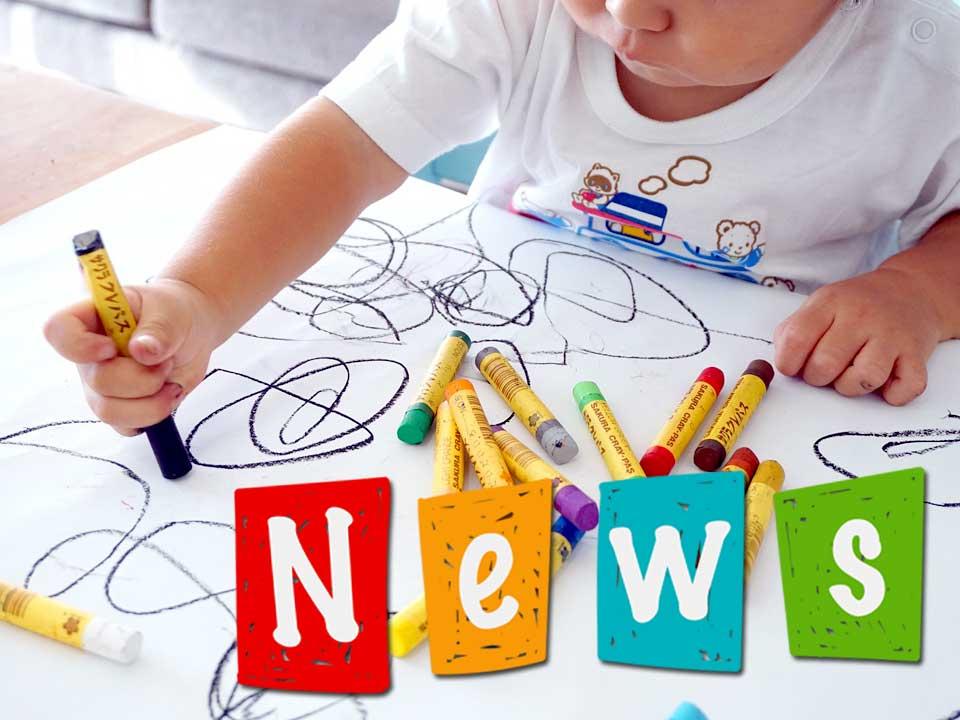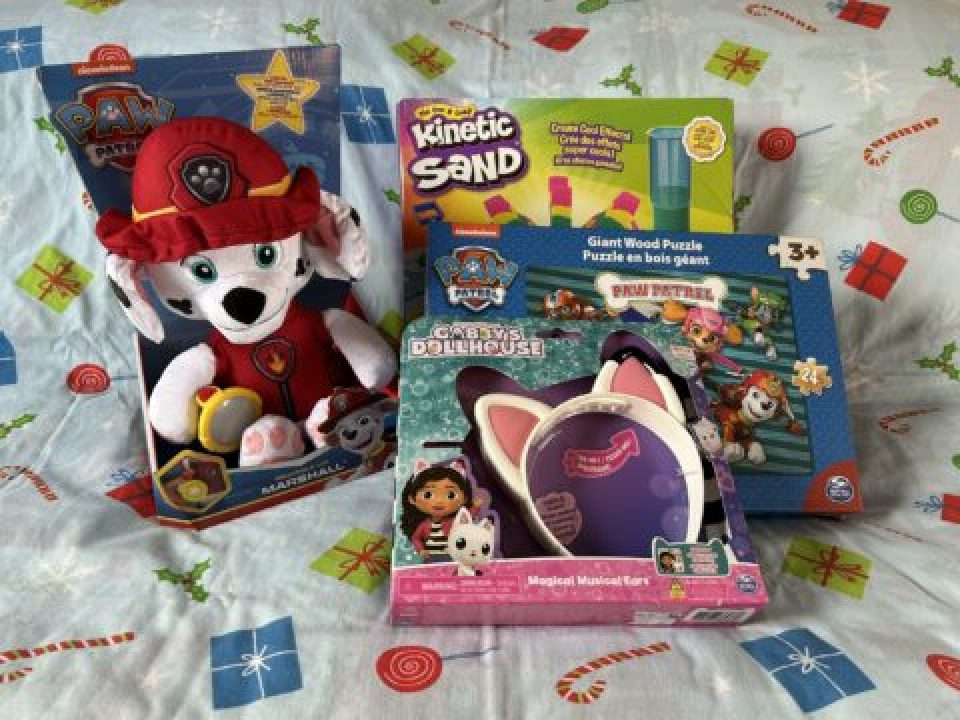
Change: How do children cope?
07/08/2012
Teach your toddler about numbers and counting
21/08/2012Unfortunately it is a well known fact that children do as you do, and not as you say…so how can you as a parent illicit the desired behaviour from your pre-schooler?
Your toddler watches you to get clues on how to behave in the world. You’re her role model, so use your own behaviour to guide her. What you do is often much more important than what you say.
As difficult as it often can be, lead by example: If you want your child to say ‘please’, say it yourself. If you don’t want your child to raise her voice, speak quietly and gently yourself.
Each day your child is learning lots, from new words to new emotions. As she gets older she may be spending more time away from you, at preschool, daycare, or friends’ houses, it is important to remember that you are still your child’s first and best teacher.
By demonstrating healthy habits and positive relationships, you encourage your children to do the same. What she learns at home and from you forms the benchmark for how she will interact with other people and the way she views the world. You influence your child in uncountable ways through your behaviour, manners and language.
Let’s look at some Developmental Milestones and how you can impact positively on them:
- As a pre-schooler your child is becoming more independent and doing things without help, so it’s important to continue modeling healthy habits. By visably keeping yourself healthy-from eating vegetables to brushing your teeth-your child will learn to do the same and assimialte this behaviour into her life.
- At this age your child is still learning about emotions and how to respond to happiness, anger, frustration, and sadness. Take the time to talk to your child about emotions, how to name them, and how they make us feel. There are some great books available about feelings and how to cope with them. It is wroth looking into your local library and borrowing some of these to use as a springboard into these topics. Most importantly though, model appropriate emotional responses yourself. If you are quick to lose your temper or raise your voice, your child will learn to do the same.
- Foster a sense of friendship and appreciation for others by speaking well of others and their actions, and how they make you feel. If a friend goes out of her way to do something nice, talk about it with your child. Let them see how much kindness is worth and how important it is in relationships. Or conversely, if you feel frustrated by a situation, discuss that with your child, too, and how you are going to handle it. Engage them in the discussion by asking them what they think you should do, or what they would do.
- Your child will be questioning actions, the how, the why, when and where of things. Take the time to explain why you do the things you do, from making a grocery list to folding the laundry. These explainations stimulate your child’s thinking skills and teach her about actions, consequences, and sequences of events. Even mundane chores, such as sweeping the kitchen, present an opportunity for your child to learn. Why do you hold the broom the way you do? In what order do you sweep the room? How do you get under the kitchen table? How do you hold the dustpan? Let your child help out, too, and she will learn even faster.
- Be aware of and careful what you say and how you say it! Your child imitates what she sees and she hears. This goes not only for the words you use, but how to talk to different people. The tone of voice is just as important as the words used. The language you use is different when you are talking to a friend on the phone and when you are talking to a business associate. Your child will pick up on these differences by watching and listening. You can often see children demonstrating this when they are role-playing and pretending to be the teacher or parent…I know I can hear myself in my daughter when she is pretending in certain situations.
Being a good role-model is easier than it sounds. Take a moment to think about what sort of person you would like your child to become. Jot down the morals and values that are important to you and evaluate your own behaviour. Is there anything you need to change in order to encourage the desired behaviour in your child? Now put it all into action.
Here are a few areas you might like to consider:
- Personal health and hygiene (dental health, exercise, cleanliness)
- Good manners (Please, thanks, politeness, table manners etc)
- Respect for property (packing away, tidiness etc)
- Generosity and kindness to others (being helpful, doing nicethings for others, volunteering etc)
- Control of emotions (Anger management, appropriate responses to situations)
Good luck and remember: you CAN and DO have an enormous impact on your childs’ character. Handle it with care
Article from : www.toddlebabes.co.uk






